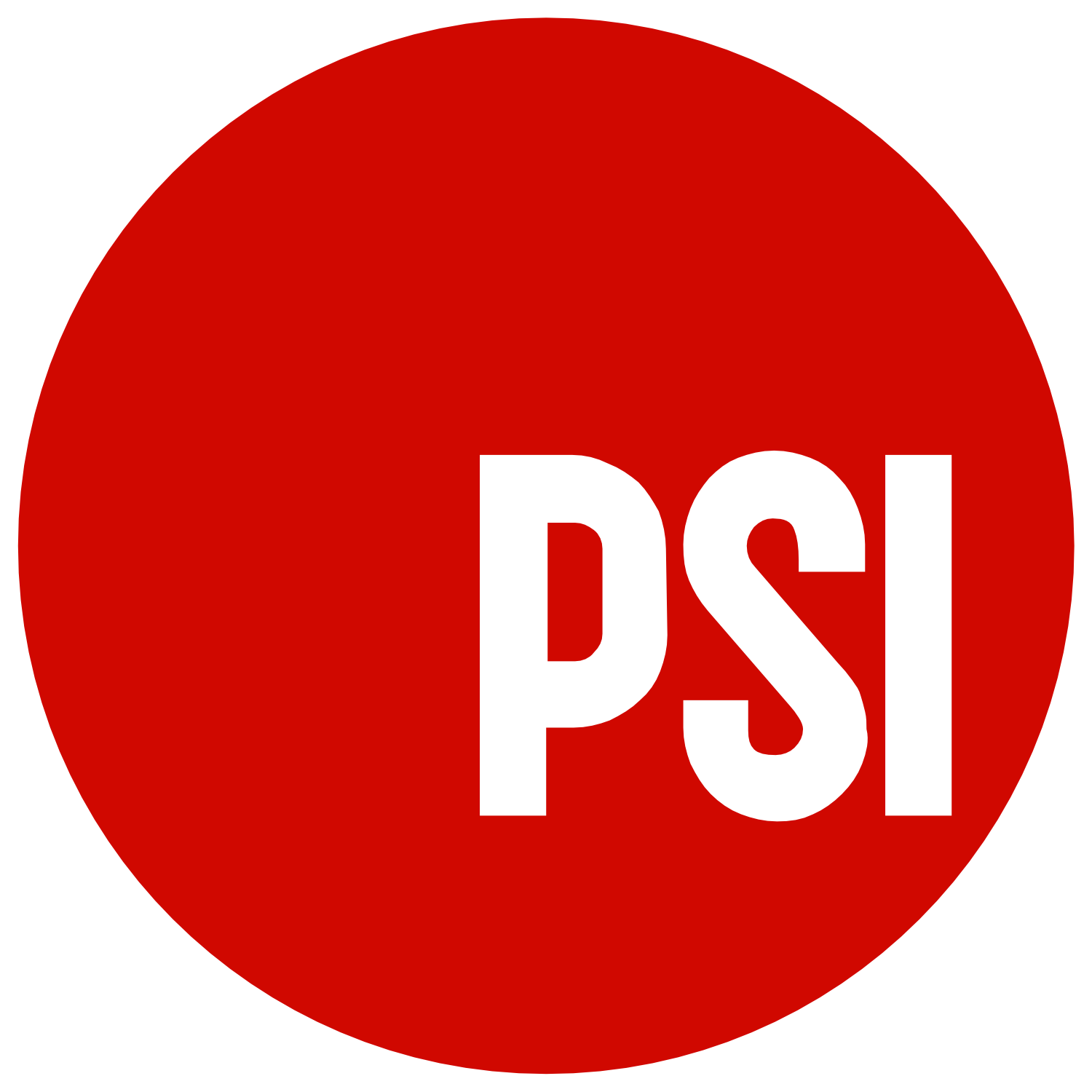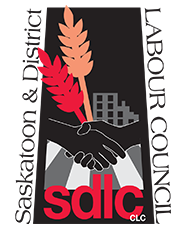Evidence supports enhancing Saskatchewan's public liquor system: SGEU submission to gov't consultation
Saskatchewan’s public liquor stores generate millions in profits for the province’s families, and could easily afford to expand and modernize to provide an enhanced experience for consumers. So where is the business case for handing liquor sales and profits over to private corporations?
That’s the question SGEU is asking government in its stakeholder submission to the provincial consultation on liquor retailing.
SGEU’s submission builds a strong case for maintaining a public liquor system. It points out that it is more economically advantageous to build new liquor stores than to hand the business over to private corporations.
“Don’t be misled by government when it implies that it is a choice between spending money on schools and hospitals or on building new liquor stores,” , says Donna Christianson, chair of SGEU’s Saskatchewan Liquor and Gaming Authority (SLGA) bargaining unit.
“Public liquor stores are so profitable they can easily reinvest a portion of their own earnings to increase access and improve customer experiences. Why not open more SLGA retail outlets, carry a broader and more varied selection of products, including craft beers and local wines and spirits? The Minister responsible for the SLGA can direct that the public liquor system offer what Saskatchewan people want,” says Christianson.
“The added bonus is that new SLGA stores are a great investment, generating substantial profits for Saskatchewan families each year. Any new liquor store will pay for itself, and then some,” she adds.
The SGEU submission provides overwhelming evidence to show that keeping liquor sales public is more financially sound than privatizing liquor sales. Some highlights include:
Alberta has lost hundreds of millions in revenue since privatizing liquor sales.
- Saskatchewan people would have lost more than $229 million over the past five years if the SLGA earned the same return on investment as the Alberta system.
Since privatization in Alberta, real per capita liquor revenues fell by 31 per cent, a loss of hundreds of millions to the Alberta government. In comparison, Saskatchewan’s public stores earned a seven per cent real per capita increase in revenues for families over the same time.
SLGA stores operate more efficiently than private stores. - SLGA stores spent only 14 per cent of sales on operating costs in 2013-14. In contrast, the two largest private liquor retailers in Canada both spent 19 per cent of liquor sales revenue on operating costs.
A public system keeps wholesale costs down. - A single, integrated public liquor network has greater purchasing power than a fragmented, privatized system. Keeping wholesale costs down results in a much more efficient and more profitable system. Wholesale costs are by far the most significant expense for a liquor system. Eighty per cent of SLGA’s liquor operation is the cost of buying wholesale.
- Without the purchasing power of SLGA’s current integrated system, costs will rise. These higher input costs will ultimately result in higher consumer prices and/or reduced government markups.
“SLGA balances earning substantial profits for Saskatchewan people with providing good customer service and promoting responsible drinking. That is a solid track record. Why risk losing all that, especially when falling oil prices mean less provincial revenue to pay for public infrastructure and services?” asks Christianson.
“Government’s number one priority should be looking out for Saskatchewan families, and that means finding the best way to maximize profits that are returned to our communities to help pay for vital public services,” she says.
The evidence is clear: Keeping liquor sales public, and further expanding and enhancing SLGA stores, is the best option for generating the revenue Saskatchewan families rely on to pay for schools, hospitals, long-term care homes and highways,” says Christianson.
Attachments
2015-01-28 Evidence supports enhancing Saskatchewan's public liquor system.pdf
Stakeholder Submission on the Future of Liquor Retailing in Sask. Final.pdf





